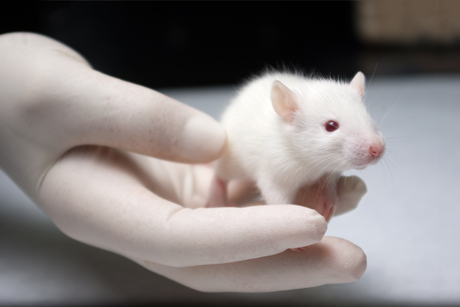Anti-Inflammatory Treatment Prevents the Effects of Stress in Female Rats
Women are more likely than men to experience depression, and this difference begins in adolescence, when girls show more sensitivity to stress. Researchers are studying how animals react to stress in the hopes of learning what mediates these gender differences in mental illness.
At a recent scientific meeting, researcher Jodi Lukkes and colleagues presented a recent study of stress and inflammation in female rats. The rats were exposed to different types of stressors. Some were separated from their mothers for four hours a day during the first 20 days of their lives. Later, some rats were exposed to an acute stressor, witnessing another rat receiving shocks. All the rats were placed in a box in which they could escape a shock by jumping to the other end of the box, in order to measure their motivation. Because drugs that inhibit the inflammatory enzyme COX-2 had reversed the effects of maternal separation in earlier studies, the researchers also treated some rats with these anti-inflammatories.
The researchers found that anti-inflammatory treatment could prevent behavioral consequences of stress in adolescent female rats. Witnessing another rat being shocked brought about deficits in motivation (a depression-like behavior), but in rats that had received treatment with a COX-2 inhibitor, these deficits were reduced. The COX-2 treatment was only helpful to rats that had experienced an acute stressor in their lifetime, either maternal separation in infancy, or witnessing another rat receive the shocks. A history of stress was required for the anti-inflammatories to improve motivation.
Lukkes and colleagues hope that this research begins to clarify the relationship between stress, inflammation, and gender. This may eventually lead to new targets in the treatment of depression.


